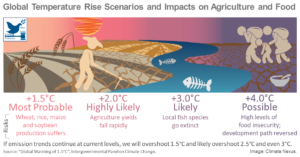 To hinder environmental damage and obtain a protective order or injunction in most civil law systems, danger in delay must be asserted for the enforceability of proceedings. To initiate legal proceedings, a 𝘱𝘳𝘪𝘮𝘢 𝘧𝘢𝘤𝘪𝘦 case must exist, requiring the claimant to present evidence and show the likelihood of success on the merits for the injunction and relief sought. The criterion of danger in delay typically requires evidence of irreparable harm or damage that would be difficult to repair. The latest IPCC reports and other scientific studies on the imminent threats and irreparable harm to our environment must be such irrefutable proof.
To hinder environmental damage and obtain a protective order or injunction in most civil law systems, danger in delay must be asserted for the enforceability of proceedings. To initiate legal proceedings, a 𝘱𝘳𝘪𝘮𝘢 𝘧𝘢𝘤𝘪𝘦 case must exist, requiring the claimant to present evidence and show the likelihood of success on the merits for the injunction and relief sought. The criterion of danger in delay typically requires evidence of irreparable harm or damage that would be difficult to repair. The latest IPCC reports and other scientific studies on the imminent threats and irreparable harm to our environment must be such irrefutable proof.
Epstein, Yaffa. "Access to Justice: Remedies – Article 9.4 of the Aarhus Convention and the Requirement for Adequate and Effective Remedies, Including Injunctive Relief". SSRN Electronic Journal. January 01, 2011. https://www.researchgate.net/...
Posted on 31/07/23
Recent Abstracts
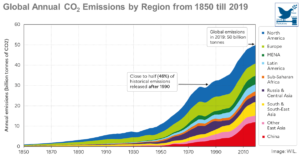
Sustainable Development – Historical Roots of the Concept
The origin of the sustainable development concept and the idea of sustainability evolved over the centuries. This paper reviews the evolutionary process, going far back in history to the root of the concept, and the paradigm shift, when sustainable development became mission critical for humanity. The environmental d ...
Posted on 13/06/22

Tourism for SDGs – Welcome to the Tourism for SDGs Platform!
Hospitality and travel are critical in delivering sustainable solutions for people, the planet, and prosperity. Tourism comprises around 10% of GDP, 30% of services exports, and 10% of jobs globally. It has the potential to contribute, directly or indirectly to all 17 of the UN Sustainable Development Goals (SDGs) an ...
Posted on 10/06/22
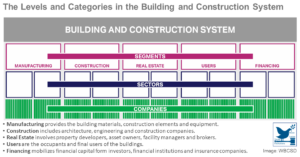
The Building System Carbon Framework
A common carbon framework across sectors is becoming increasingly important as policymakers struggle to set more ambitious carbon reduction goals. The Building System Carbon Framework bridges embodied and operational carbon and is neutral on materials and solutions. It enables users to identify the best emissions-red ...
Posted on 08/06/22
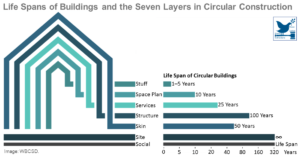
3 Ways Sustainable Construction Can Forge a Greener Future
The UN Climate Change Conference starting today, 6 June, in Bonn is where government delegates, observers and various experts gather to “begin taking stock of where the world stands when it comes to implementing the Paris Climate Change Agreement”. Real and lasting (sustainable) change call for commitment and leadersh ...
Posted on 06/06/22
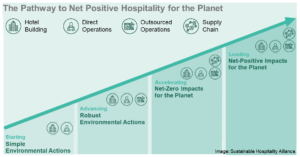
Pathway to Net Positive Hospitality for the Planet.
Collaboration across the value chain enables hospitality to be a powerful force for improvement, with a tangible positive impact on the environment. The Pathway has been created by the industry for the industry, in consultation with numerous stakeholders across the value chain. It offers simple and practical solution ...
Posted on 02/06/22
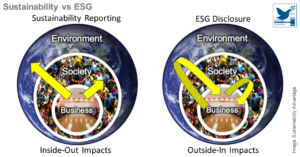
What’s Lost When We Talk ‘ESG’ and Not ‘Sustainability’
Corporate profitability is the sole purpose of ESG (environment, social and governance) disclosure, not sustainable development per se. SDG achievement for the sustainability of the biosphere and socio-economic environment of the world for all stakeholders is not the intended purpose of ESG. Instead, it focuses on pr ...
Posted on 30/05/22
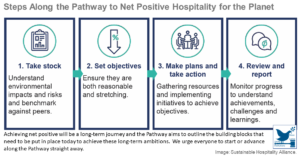
Environmental Sustainability Strategies for Smaller Companies in the Hotel Industry: Doing the Right Thing or Doing Things Right?
For most hotels, environmental issues are not a response to societal challenges – doing the right thing – but rather a response to owners’ concerns – doing things right. Tourism is a predator of natural resources and tourism practices do not correspond to essential consuming acts. This paper explores the strategic re ...
Posted on 27/05/22
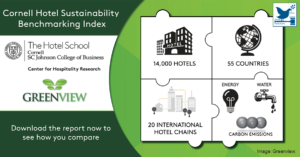
Hotel Sustainability Certifications
For hotels, environmental certification depends on their life cycle stage when analyzed. Different versions of environmental certifications are available for new builds and existing structures as well as the assessment of the sustainability of the operation of the buildings and business. Hotels, which generally requi ...
Posted on 25/05/22

Nexus Between Life Cycle Assessment, Circularity, and Sustainability Indicators – Part I: A Review
Sustainable building design influences life cycle costs (LCC) and the level of circularity (LoC) and calls for use of life cycle assessment (LCA) and circularity indicator-based approaches. Depending on the product and the circular economy (CE) scenarios, different types of connections – beneficial, conditional, or sc ...
Posted on 16/05/22

A Parametric Approach to Optimizing Building Construction Systems and Carbon Footprint: A Case Study Inspired by Circularity Principles
The principles of circularity for the sustainable design of buildings aim to reduce their environmental impact. Environmental product declarations (EPD) and carbon footprint tools are the most useful tools for classifying building materials and evaluating circular projects. Other life cycle assessment (LCA) tools are ...
Posted on 13/05/22
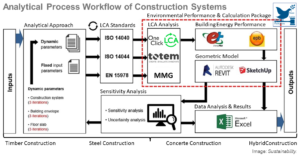
The New Net Zero
Owners, designers, contractors, and manufacturers must radically rethink the way we use, renovate, and design buildings. Using better and less materials is key to reducing embodied carbon in meeting our CO₂ emission targets. For this, tracking the environmental impacts of the whole building life cycle – from material ...
Posted on 11/05/22
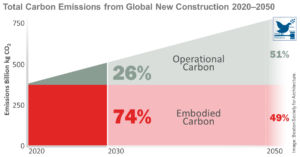
AIA-CLF Embodied Carbon Toolkit
To decarbonize buildings, architects and building designers must reduce the environmental footprint and CO2 emissions associated with materials over the whole life cycle of building. Through life cycle assessment (LCA), the highest-impact, most cost-effective solutions to reducing embodied carbon are identified. This ...
Posted on 09/05/22
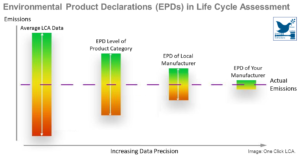
Sustainable Material Selection – A Guide
Construction is responsible for a huge amount of emissions and environmental degradation. How and by whom materials are made is key to transitioning to a sustainable economy. An important tool in assessing the ecological impacts is environmental product declarations (EPD), which are product-specific impact assessment ...
Posted on 06/05/22
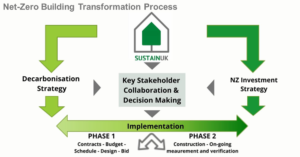
Net-Zero Building Optimisation
SustainUK is inviting you to UK Construction Week London 2022, delivering the largest built environment exhibition at ExCeL London on 3-5 May 2022. SustainUK facilitates and mainstreams Paris-aligned sustainable building development and to overcome real or perceived barriers. SustainUK's collaborative sustainability pr ...
Posted on 03/05/22
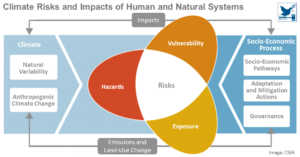
Climate Claims against Governments in Europe
Environmental claims are part of the movement in seeking justice and taking legal action to promote social, economic and environmental sustainability. State and EU-level climate action and policies are being challenged for being insufficient to limit the global average temperature increase to below 2°C, as stipulated i ...
Posted on 02/05/22

